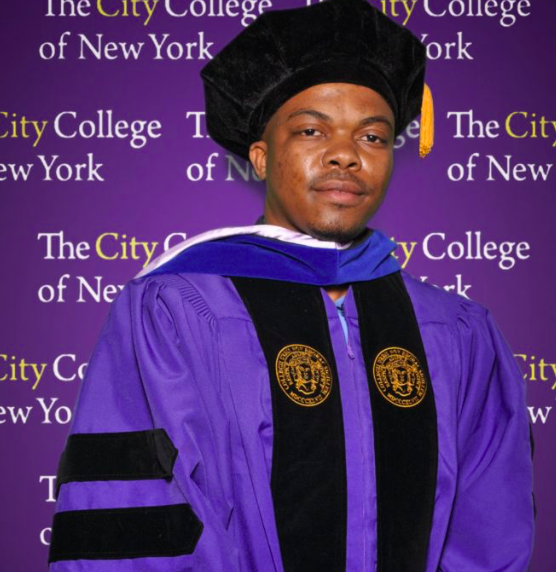
I am currently pursuing postdoctoral research at the Faculty of Agriculture and Food Sciences at Université Laval in Quebec, Canada. I hold a Bachelor of Science in Electromechanical Engineering (2009) from the Université d’Etat d’Haiti (Haiti), a Master of Science (2011) in Sustainability in the Urban Environment and a Ph.D. (2017) in Civil Engineering (Hydroinformatics) from the City College of New York.
As an undergraduate student, I was interested in natural resources management with a focus on energy resources. However, the capstone project that I had the opportunity to work on in the Urban Sustainability program at CCNY shifted my interest towards water resources. The project involved the utilization of a naturally-occurred mineral as sorbent materials to remove contaminants from wastewater, i.e., reclaiming wastewater for environmental uses. Through this project, I became aware of complex issues related to water resources availabilityand its sustainable managementto meet societies’ needs anticipating the compound effect of climate change and population growth. Carrying this interest further, I joined the Ph.D. program in Civil Engineering (water resources and environmental engineering) at CCNY.
In the Ph.D. program, I developed a research interest in engineering informatics and its applications to water sciences, i.e., Hydroinformatics. It is a discipline that aims at transforming social environments and infrastructures around water resources through a philosophical and technological approach to achieve environmental and social justice. Therefore, hydroinformatics, especially its application to the urban water sector, i.e., urban hydroinformatics, carries in its own right the application of the sustainability principles to urban water systems management. With this observation, I came to realize that (urban) hydroinformatics plays a pivotal role in urban sustainability, and my Ph.D. studies were quite a continuity of the Urban Sustainability program.
It was oblivious to me that my training, especially in sustainability and hydroinformatics, would be relevant to the agricultural sector. However, after spending about three years extending my Ph.D. thesis work into a commercial product (www.sensaq.com), I joined the faculty of agriculture and food sciences at Université Laval in Quebec (Canada) to pursue a postdoctoral research opportunity. I became exposed to the challenges and approaches of the agricultural sector to achieve sustainability in light of climate change, the growing world population, and environmental consequences of business-as-usual intensification approaches. In this regard, I identified and discussed the potential role of hydroinformatics in the agricultural sector with colleagues at Université Laval and the Institut National de Recherche Scientifique. We are now pioneering the development of a new field of research at the interface between hydroinformatics and agriculture, named agricultural hydroinformatics. It is essentially the application of hydroinformatics in agriculture through a philosophico-technological vision that represents both a social and technical pathway to achieve sustainable agriculture. Our ultimate goal is to create socio-technical (cyber) environments in which the social “transmutations” necessary to achieve sustainable water management systems and sustainable agricultural systems can be catalyzed.
My journey in the field of hydroinformatics might not be possible without the experiences at CCNY where classmates, professors, and more importantly, my advisor have all had a significant impact on my career. The holistic approach to water resources management in agriculture that we are promoting through agricultural hydroinformatics is a direct reflection of the kind of thinking that the professors encouraged throughout the program. I am proud to have attended CCNY and would encourage anyone interested in the program to apply.

